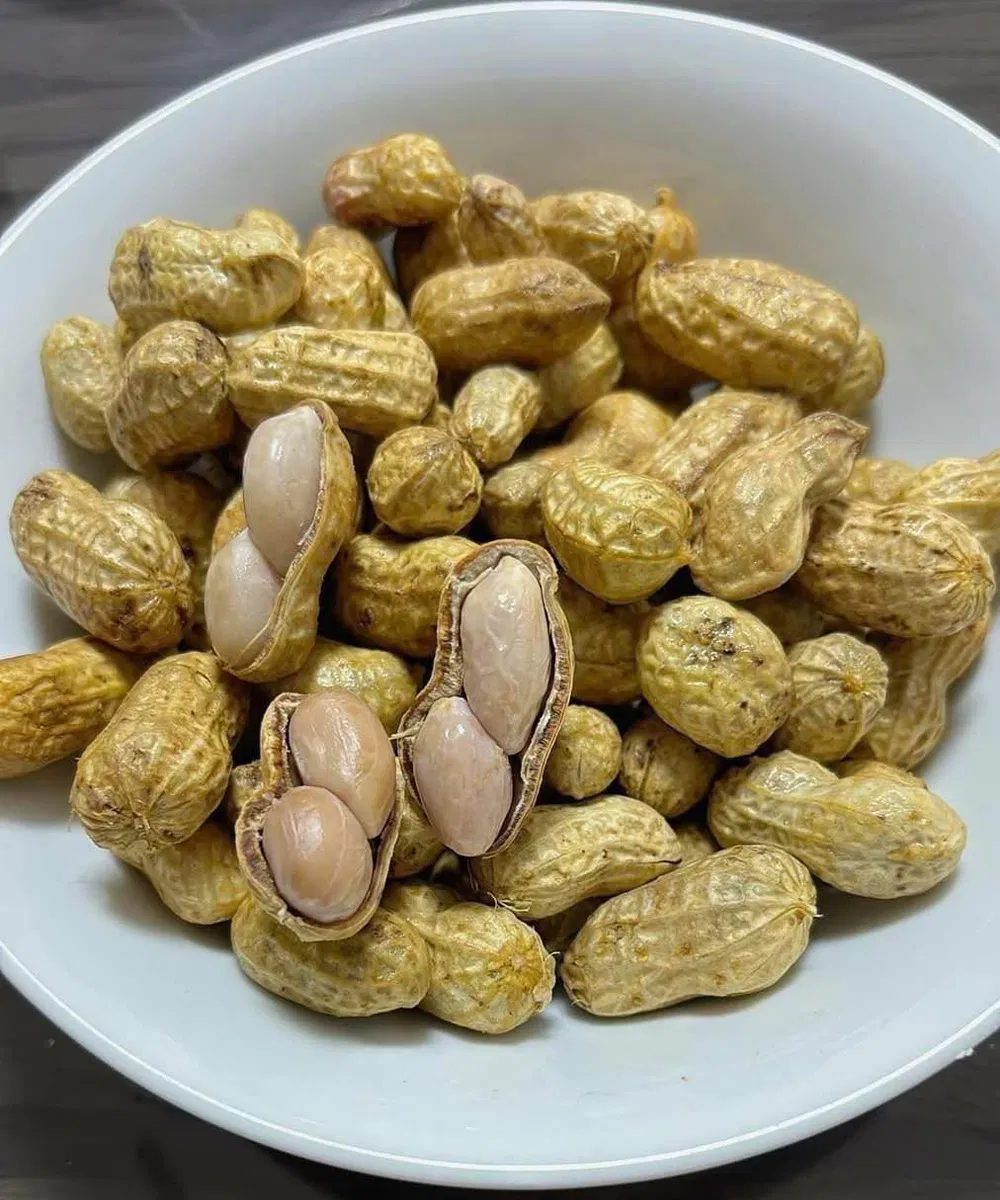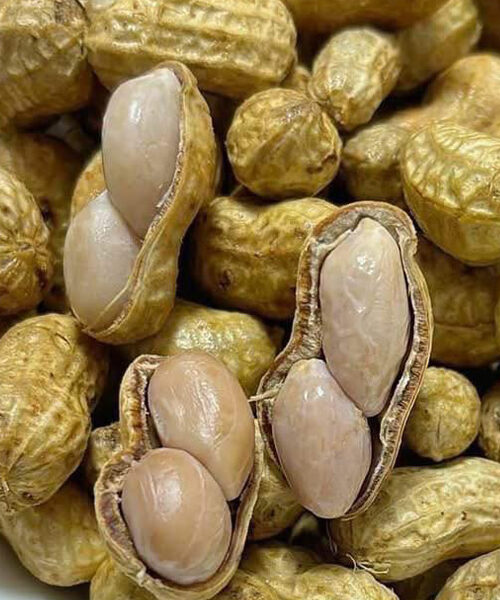
Peanuts are one of the world’s most popular snacks — crunchy, flavorful, and found in everything from trail mixes to spreads. But beyond taste, peanuts are packed with nutrients and health benefits — as well as some considerations people should know.
In this guide, we’ll explore the benefits of peanuts, their nutritional value, and the cases where eating them might not be ideal, especially boiled peanuts.

1. What You Might Not Know About Peanuts
Peanuts are rich in healthy fats, protein, vitamins A, B6, and E, and minerals like phosphorus, calcium, and iron. They also provide lecithin, amino acids, unsaturated fatty acids, carotene, and choline, which support overall body function.
Experts say peanuts can help protect the heart, prevent cholesterol buildup in blood vessels, lower the risk of arteriosclerosis, and boost metabolism — contributing to longer-term health.
1.1 Helps You Feel Full
Adding peanuts or peanut butter to your breakfast can increase satiety, helping you eat less throughout the day. Nutritionists emphasize eating small, nutritious snacks rather than skipping meals, and peanuts are perfect for controlling appetite.
1.2 Supports Blood Sugar Control
Research shows that replacing red meat with peanuts in your diet can reduce the risk of diabetes by 21%. Peanuts slow carbohydrate absorption, preventing rapid spikes in blood sugar, and help maintain fullness when eaten in the morning.
1.3 May Lower Risk of Colorectal Cancer
Studies indicate that women who eat peanuts at least twice a week have a 58% lower risk of colorectal cancer, while men see a 27% reduction. This effect may be due to folic acid and other compounds with anti-cancer properties present in peanuts.
1.4 May Help Prevent Gallstones
Regular peanut consumption has been linked to a lower risk of gallstones, likely due to peanuts’ ability to help regulate cholesterol levels. More research is needed, but the results are promising.
2. Tips for Eating Boiled Peanuts
- Don’t overeat: Consuming more than 50g/day can cause weight gain, digestive issues, or fat buildup.
- Avoid on an empty stomach: Peanuts are high in fat and may increase stomach acid, causing cramps.
- Check for mold: Moldy peanuts can contain aflatoxin, a potent carcinogen.
- Consult your doctor if on blood thinners: Vitamin E and other compounds in peanuts can affect clotting.
3. Who Should Avoid Peanuts
People with peanut allergies
Peanut allergies are serious and potentially life-threatening. Even a tiny amount can trigger:
- Hives and skin itching
- Swelling of the throat or difficulty breathing
- Dizziness or low blood pressure
- Anaphylaxis
If you or a loved one has a peanut allergy, it’s crucial to avoid peanuts completely.
People with gout or high uric acid
Boiled peanuts contain vegetable proteins that can raise uric acid levels, triggering gout attacks if eaten in excess. People with gout should eat peanuts sparingly and avoid them during flare-ups.
People with digestive issues
Peanuts are fatty and can be harder to digest, even when boiled. Those who are:
- Recovering from illness
- Elderly
- Young children (under 2 years old)
- Prone to bloating or indigestion
…may experience bloating, gas, or stomach discomfort after eating peanuts.
In summary, peanuts are nutrient-rich and can offer multiple health benefits, from heart support to cancer prevention. But certain groups should eat them with caution, particularly boiled peanuts, to avoid digestive or health complications.


